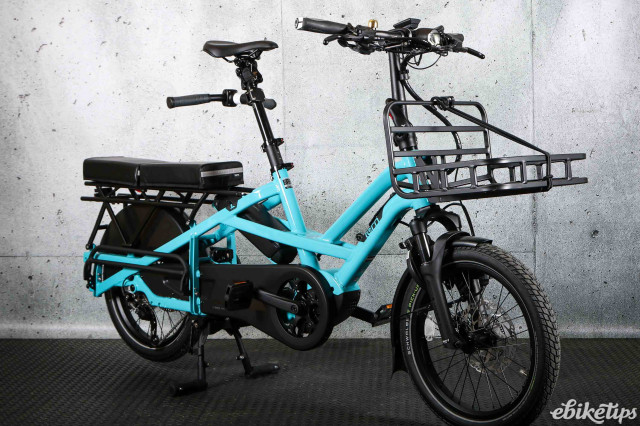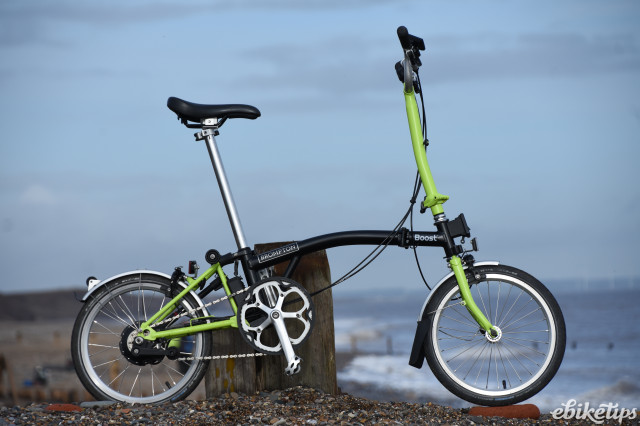Mahle Powertrain has developed a new lithium-carbon battery concept that would allow the charging of e-bikes and other small electric vehicles in under 90 seconds.
MCN reports that the new battery combines traditional lithium-ion cells with super capacitors.
A high-rate battery-type anode and a high-capacity electric double layer capacitor (EDLC)-style cathode are separated by an organic electrolyte.
The benefit of this, according to Mahle, is that the battery retains stability at far higher temperatures and can therefore charge at significantly higher wattages.
Mahle Powertrain’s Head of Research, Dr Mike Bassett, commented: "Range anxiety is often quoted as the main barrier to electric vehicle adoption, but if the battery could be recharged in the same time it takes to refuel an internal combustion engine vehicle, much of that worry goes away."
Bassett believes the technology would be of particular use for delivery vehicles as they are likely to see more prolonged periods of usage.
"With the rise of the on-demand economy, there’s been a rapid increase in the use of petrol-powered mopeds for urban deliveries such as take-away meals, and this has contributed to air quality issues in our cities,” he said.
"Decarbonising these deliveries has so far proved difficult without maintaining a stock of expensive interchangeable batteries or switching to a larger, heavier electric vehicle with increased energy consumption."
> Tesla co-founder's battery recycling firm to start manufacturing “precision battery materials”
Bassett also highlighted the fact that sufficiently rapid charging would to a great extent negate the need for large batteries. Rather that trying to wring maximum mileage out of an e-bike or electric moped by giving it a huge and weighty battery, the user could instead rapidly recharge without too much disruption to their schedule.
Bassett said: "With ultra-fast charging, the size of the battery can be optimised to suit the scenarios the vehicle will be used in, and that leads not only to weight savings but also cost reductions that further lower the barriers to decarbonisation."





